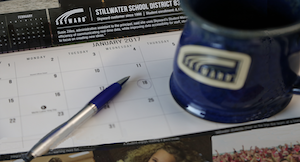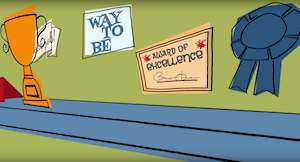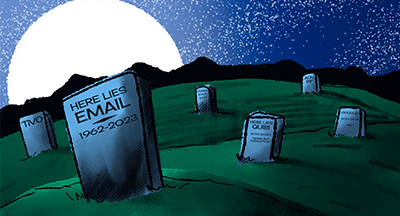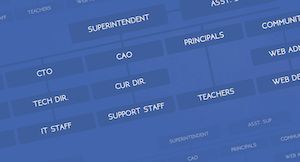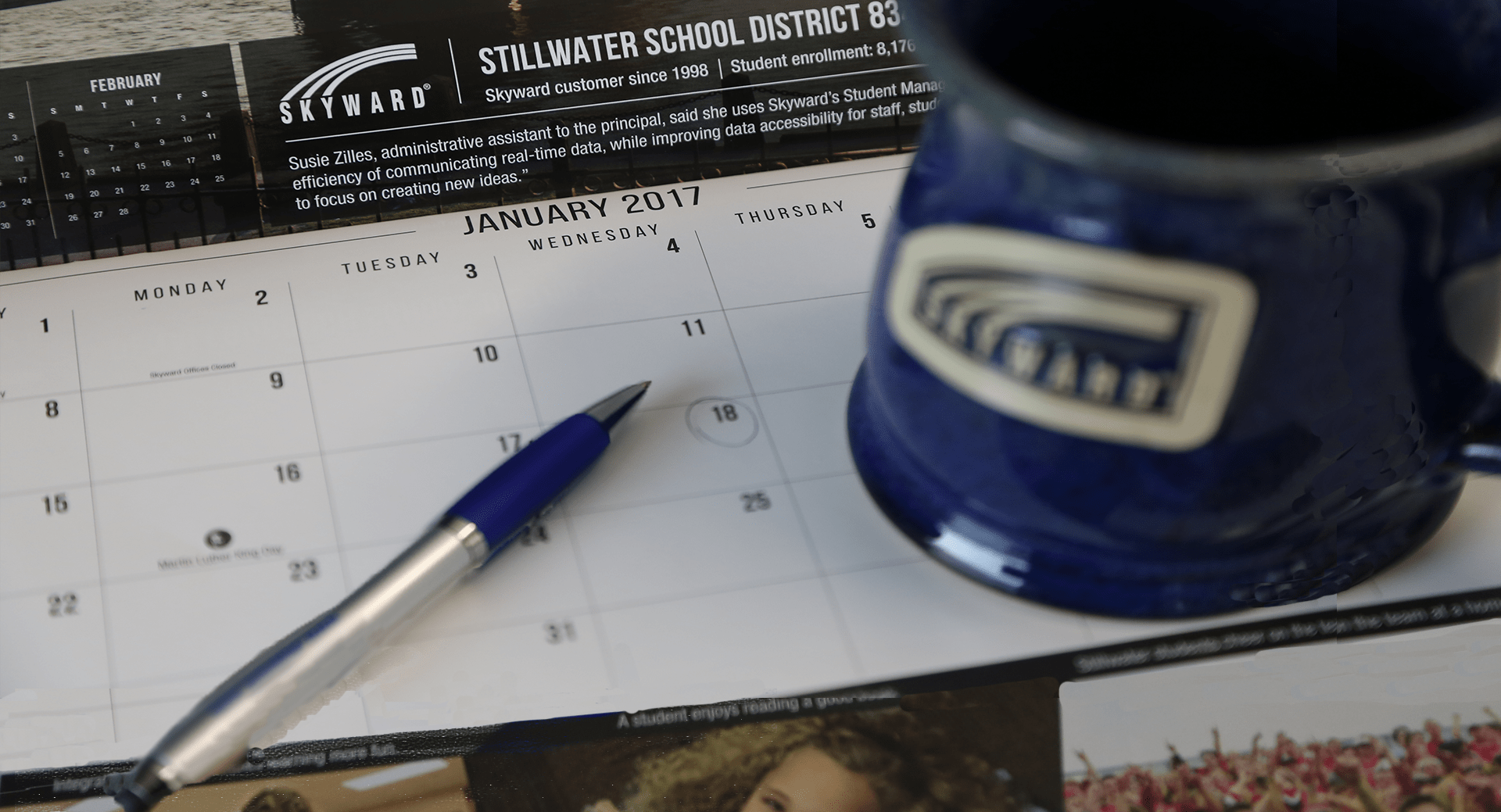
Looking to get caught up on the latest K-12 education talking points? Here’s a look at 3 topics sure to play a starring role in 2017 and beyond.
The Value of Authentic Learning
The push toward an increase in real-world learning experiences will continue in 2017. More and more schools are recognizing the value of closing the book (literally) in favor of practical learning. The question many are hoping to answer is, "What is the best way to provide such experiences for students?"Authentic learning can take many forms. Vocational training and apprenticeships give students the freedom to discover and foster their passions. In addition to allowing students to test-drive careers, these real-world experiences also help schools establish relationships within their communities. These partnerships can lead to further collaboration down the road, with business leaders coming to talk in schools or providing on-site demonstrations for students interested in pursuing their fields. We've been fortunate enough to participate in a few of these opportunities firsthand, and the level of engagement we've seen from students is promising.
Discussions about the value of simulations and portfolio-based assessments will also continue. Simulations, like the "farming in the gilded age" activity featured on Teaching Channel, promote critical thinking, reflection, and problem solving. Portfolios divert focus from pure memorization toward authentic demonstration of learning. They allow students to take ownership of their studies as they find unique and creative ways to display the knowledge they’ve acquired on a particular topic.
Whether students are immersed in business, engineering, design, event planning, or finances, authentic learning experiences help prepare them for higher-ed and work-world success. Tune in to the authentic learning conversation on Twitter (or your favorite professional development medium) to find out what's working.
A New Role for Teachers
After decades of relatively unchanged form and function, the job description of a teacher has undergone some significant transformations in a short period of time. The traditional "stand-and-deliver" method of instruction is being pushed out by the "guide-on-the-side" approach, just as the "cemetery" classroom is being replaced with creative, comfortable learning spaces.Today’s teachers are trending in the direction of mentors and coaches for their students, overseeing activities and providing assistance when needed, but not the helicopter oversight that was once an expectation. Teachers are lecturing less and consulting more, encouraging students to discover and explore their passions in a more flexible manner.
Even grading looks much different than it did 10 years ago. Some schools are eliminating exams from their curricula altogether. Instead, educators are expected to pay increased attention to each student’s strengths and weaknesses and evaluate their levels of knowledge throughout the course. We have continued to document the rise of standards-based grading, and those who have adopted it tend to swear by it. Could we be headed toward a future where A's and C's are replaced with skill mastery levels? It seems more likely than it did just a few years ago.
Of course, we can't discuss the changing role of the teacher without mentioning professional development. The slowly changing school district culture has created a bit of a disconnect between instructional training and the skills/traits necessary to be a successful educator. Effective data strategies are few and far between, and administrators are still far more likely to err on the side of status quo than risk being the first to take action on a new initiative or technology. The need for ongoing and updated professional development remains a critical talking point, not just for teachers, but for those tasked with leading them as well.
Many administrators still value candidates’ educational backgrounds far more than their technical knowledge. But hiring ill-prepared candidates for a blended learning environment can lead to problems. A topic of conversation among administrators will continue to be how to hire, develop, and retain the best educators for this new and changing role.
Consumer Students → Creator Students
As the role of a teacher changes, so too must that of a student. In 2017, the push to transform students from consumers to creators will continue. Much of this movement is driven by technology, which has opened up a new world of possibilities for students who otherwise had to wait until after graduation before they could think of making significant contributions to the real world.We are seeing more curriculum strategies that lean on real-world application over closed-circuit projects. Students are being asked to interact with their communities and take on the responsibilities of entrepreneurs, rather than just playing the role. These immersive techniques, coupled with follow-up presentations in which students become teachers, open up a much deeper level of understanding. Some educational leaders have gone so far as to invite students to co-develop their own curricula.
But this movement isn't just about entrepreneurship. Students-as-producers can be found in everything from media production to game design and programming. Hands-on activities, facilities, and equipment (think makerspaces and 3D printers) provide excellent, engaging opportunities to teach digital literacy, citizenship, and creator’s rights.
Authentic learning experiences, the changing role of teachers, and the shift from students as consumers to creators are just three of the subjects we expect you’ll be hearing a lot more about in 2017. It's important to note that none of these are "classroom initiatives," so much as school- and district-wide culture shifts. No matter your role, you will want to stay informed about these developments so you'll be well positioned to adapt with the changing tides.
Want to stay on top of the latest developments in these and other important topics shaping the K-12 landscape? Subscribe to our Advancing K-12 EdTech newsletter below.
WHAT'S NEXT FOR YOUR EDTECH? The right combo of tools & support retains staff and serves students better. We'd love to help. Visit skyward.com/get-started to learn more.

|
Lauren Gilchrist Blogger, Traveler, and Video Talent |
Lauren enjoys visiting school districts and spreading the word about creative, non-traditional approaches to universal challenges. Follow her for on-the-scene education journalism (with a little fun sprinkled in).
